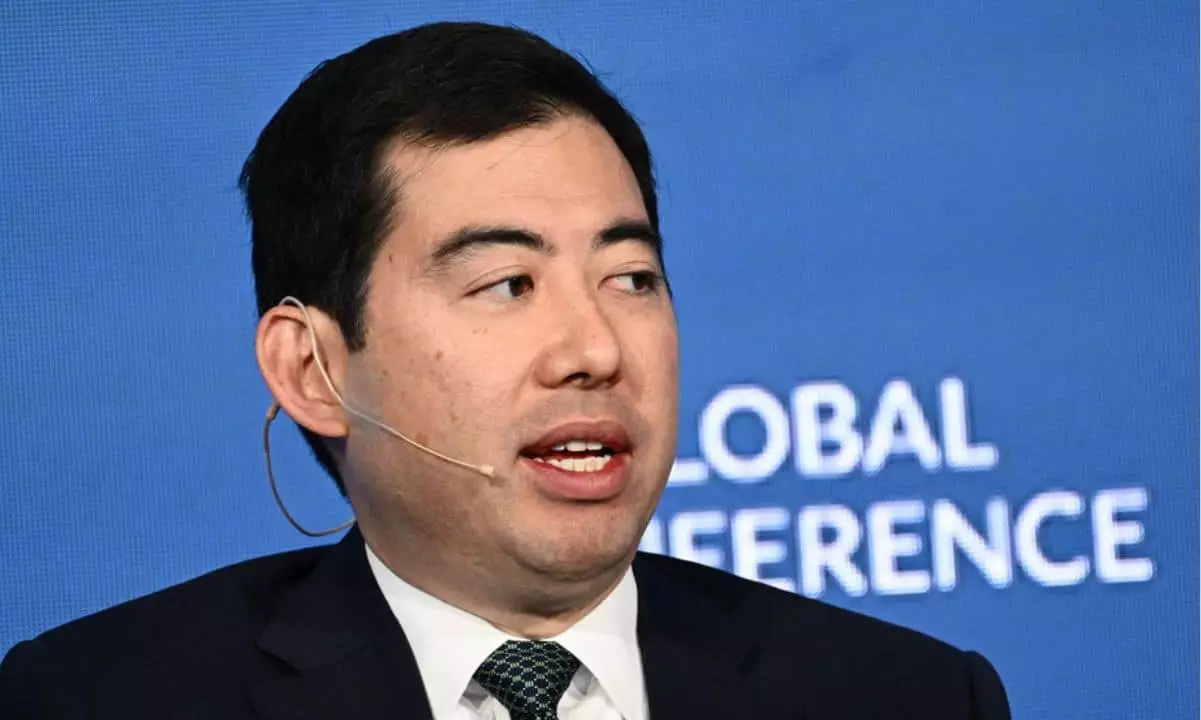The landscape of cryptocurrency regulation in the United States is on the brink of transformation, driven by emerging voices within the Securities and Exchange Commission (SEC). Recently, SEC official Mark Uyeda has made it clear that the agency’s current approach towards cryptocurrency oversight needs reconsideration. This appeal coincides with the anticipated political shift expected following the election of Donald Trump, a move that could reshape the regulatory framework governing digital assets. Uyeda’s push highlights a desire to move away from what many perceive as an overly aggressive regulatory stance.
On the surface, the SEC’s enforcement actions against crypto firms may seem justified, as they target various forms of misconduct ranging from fraud to compliance failures. However, the agency has faced criticism for focusing too heavily on non-fraud cases, effectively punishing firms for not adhering to registration requirements without clear evidence of wrongdoing. Uyeda has specifically pointed out the need to cease actions that are punitive in nature yet lack the foundational claims of fraud or investor harm. The SEC has filed over a hundred enforcement actions against crypto entities in the past three years alone, a reality that has led to an atmosphere of anxiety among companies trying to navigate this complex regulatory environment.
The looming possibility of a new SEC leadership following the inauguration of Donald Trump could pave the way for significant changes. Legal experts have speculated that if Gary Gensler is replaced before the inauguration date—a move endorsed by spokespeople like Uyeda—there might be a sweeping dismissal of cases lacking fraud allegations. Given that several lawsuits targeting prominent cryptocurrencies, such as Coinbase and Ripple, stem largely from the SEC’s interpretation of tokens as securities, such a shift could radically alter the operational conditions for myriad crypto startups.
The current regulatory environment has drawn ire not only from within the crypto industry but also from legislators and watchdogs themselves. Ripple CEO Brad Garlinghouse characterized Gensler’s leadership as a “reign of terror,” a sentiment reflecting widespread frustration regarding the responsibilities assigned to the SEC in the crypto sphere. This critique emphasizes a common theme: the need for clearer, more consistent regulations that allow innovation to flourish without the constant threat of litigation. Both Uyeda and fellow Commissioner Hester Peirce have advocated for a reformative approach, signaling that there is a faction within the SEC that seeks a more measured and transparent method of governing digital currencies.
The broader call for a shift in how cryptocurrency is regulated underscores the necessity for collaborative dialogue between regulators and industry stakeholders. As conversations advance towards a more balanced regulatory framework, prioritizing transparency and open communication could foster an environment where both compliance and innovation are achievable goals. The future of cryptocurrency regulation will depend not only on structural changes within the SEC but also on the willingness of all parties to come together in crafting a regulatory environment that serves to protect while also promoting progress in this dynamic and rapidly evolving sector.














